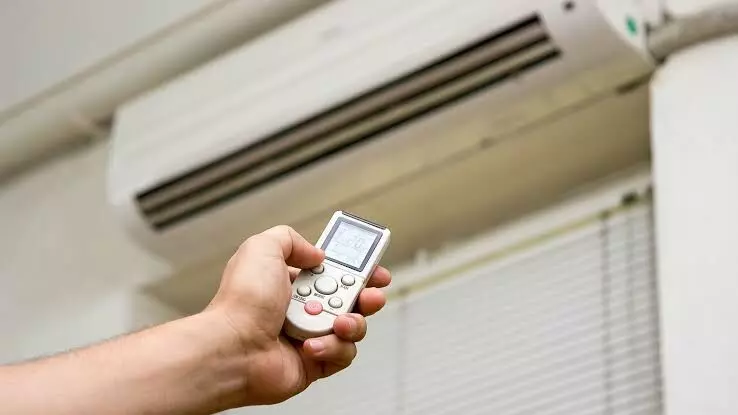
Here is what Europe is doing to save energy, avoid blackouts this winter
text_fieldsIn the face of possible energy shortages due to the Russian invasion of Ukraine, countries around Europe are taking action to cut their energy use and ensure that the lights remain on this winter.
The aim is to bring down energy consumption by 15 percent by next March. This reduction would enable countries to keep the lights on in the worst-case scenario if Russia were to totally cut off supplies. For now, reductions are voluntary, but soaring energy prices could act as motivation. However, in the case of a severe shortage or unusually high consumption, the European Commission may make them mandatory.
Here's a look at some of the rules and recommendations that governments are introducing.
As per reports, Germany is switching off lights at public monuments and turning off heating at city-run buildings like leisure centres.
Air-conditioned shops in France have been told to keep their doors closed or face a fine. Minister for ecological transition Agnès Pannier-Runacher said it was "absurd" to leave doors open when it can lead to 20 percent more energy consumption. Outdoor cafes and bar terraces are not allowed to be heated or cooled either.
A ban on illuminated advertising between 1 am and 6 am has also been extended to cover the entire country in a bid to achieve this target.
In the northwest, Hanover became the first major city to introduce energy-saving measures by switching off hot water in showers and baths at facilities like leisure centers. Municipal buildings can also no longer be heated to more than 20C and mobile air conditioning units or fan heaters are banned.
Meanwhile, Italy has been working on a plan to cut energy consumption since early July. Emergency measures that included the early closure of shops were being considered before the resignation of Prime Minister Mario Draghi last week.
None of these new restrictions has been introduced yet, but since May, air conditioning in public buildings is not permitted to be cooler than 19C in summer or warmer than 27C in winter.
Greece revealed an "operation thermostat" in June which aims to reduce energy consumption by 10 percent this year and then 30 percent by 2030.
Air conditioners can't be set to temperatures lower than 27C in public buildings during summer, and office workers are being urged to make sure their computers are switched off at the end of the day.
Though Spain isn't dependent on Russian gas supplies, its government has still been encouraging citizens to reduce energy consumption.























